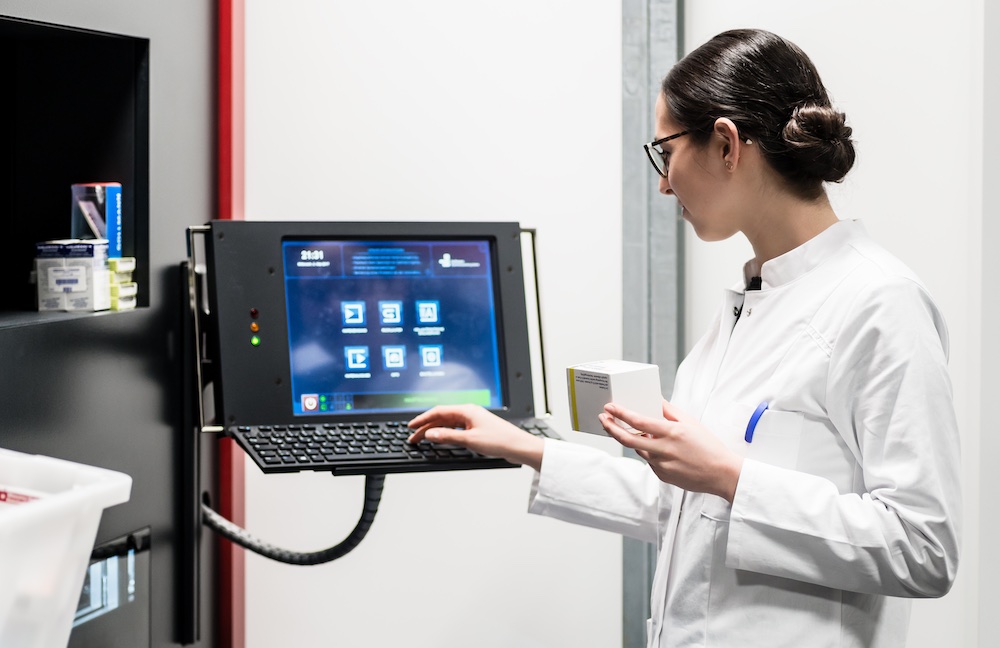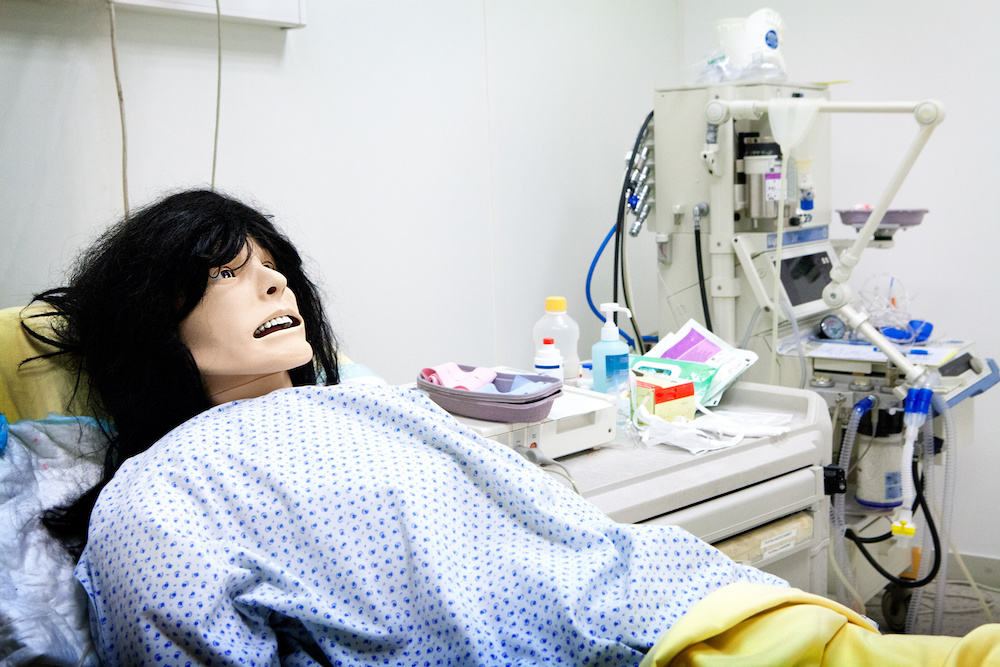At the start of the process to put a medical simulation event together, there are many new skills to acquire in order to create a smoothly run clinical simulation course. One of these somewhat underrated skills is the process to create an effective course timetable for clinical simulation faculty members to work with. This article by Erin Carn-Bennett, RN, MSN, will share the many considerations when creating a clinical simulation course timetable, as well as ways to increase simulation program operational efficiency and clinical training outcomes.
Be Sure to Make Time to Practice Clinical Simulation Timetable as a Run Through
Practice in order to get the healthcare simulation course timetable just right is essential; particularly in the early stages of the creation of a healthcare simulation course. This can be as simple as a walk through process as a clinical simulation team to gain everyone’s insights as to how the timetable is scheduled to run. Consensus from faculty around proposed times for the scheduled timetable is important as well.
Don’t push too hard to reach proposed times on the clinical simulation timetable. The exact same clinical simulation course could be run twenty times and times required at each point will usually always vary. Different healthcare simulation participant groups will have different educational needs as well. Be flexible and not too rigid if the clinical simulation participant groups need to spend time on a particular topic to be able to progress to the next stage of the course.
Allow plenty of time and be generous in proposed times for the clinical simulation timetable. As discussed previously if a particular group needs more time to be spent on a particular phase this will allow for this to naturally happen. A bit of flexibility within the break times can also be handy to cut short or extend sections for clinical simulation participants’ needs which will depend on how the course timetable runs on the day.
Don’t Cut the Introductions Phase Short on the Timetable to Set up for Success
The introductions phase of participants and faculty at the commencement of the healthcare simulation course is potentially the most important part of the course. Allow ample time for this phase and don’t cut short. The introductions phase is incredibly important for the preservation and also establishment of psychological safety in the clinical simulation course. The introductions phase of a course can build collegiality between participants and clinical simulation faculty. A strong psychological safety foundation increases the likeliness of a more enjoyable and also engaged clinical simulation course.
Adult learners like to be aware of what the timetable is and therefore don’t skip over this process. Although clinical simulation participants don’t need to know specifics of what will happen exactly when in a clinical simulation course; times to share include any break times, start and finish times and also a brief overview of the day. However, clinical simulation faculty should have a more extended course timetable.
A great role to have for a clinical simulation faculty member if possible is a timekeeper. A team timekeeper’s role is to give feedback on the overview of the day and take notes of what has happened when. If clinical simulation faculty wish and there is negotiation the timekeeper can also give alerts at five or ten minutes before sessions or scenarios will end to attempt to stay on time as able.
Consideration of Break Times in Detail is Incredibly Important for Course Success
Take a lot of consideration of the times of breaks. Often clinical staff may rely on the fact that there will be scheduled breaks to complete urgent work and follow up phone calls and emails in this time. Any abandonment of break times should be in negotiation with the clinical simulation participant group in order to make sure their physical and educational needs will be met. In some courses, short and regular breaks may work better for everyone than one longer break time.
View theHealthySimulation.comLEARN CE/CME Platform Course Operating Simulation Technologies to Improve Clinical Outcomes to learn more!
Healthcare simulation fatigue is a real emotional state to be managed for both clinical simulation participants and also faculty as well. Clinical simulation can be incredibly tiring for all involved if multiple scenarios have been completed. Consider the order of events to enhance learning as much as possible and also manage clinical simulation fatigue. Also, considerations such as a verbal presentation at the end of the day may not be conducive to clinical simulation participants being able to absorb information after a large expenditure of energy in scenarios.
Take into consideration finish and break times as some participants may be relying on these times to complete clinical follow ups, make phone calls and emails. Some clinical simulation participants may also have child care demands that mean they are unable to stay later past the advertised finish time. So always aim to finish the course on the proposed schedule.
Build time into the clinical simulation course timetable that allows for storytime, conversations and sharing of information particularly in the verbal presentation phase. A large part of clinical simulation is connection to others. This connection is often built through the sharing of stories to build understanding and trust amongst each other. Don’t sell the clinical simulation faculty and also the clinical simulation participants short by being under pressure to cut these important moments short.
Have just the right number of clinical simulation staff scheduled into the timetable to be able to support the clinical simulation course. The learner’s experience will be impacted when faculty members for the course are under strain and are performing multiple roles instead of just one. Have enough staff scheduled to support the smooth running of clinical simulation scenarios, debrief, verbal presentations, additional activities and also emotional support as required.
This article has discussed at length the importance of a clinical simulation course timetable and considerations that should be made in the process of creation of one. An effective timetable for a clinical simulation course can have a huge impact for all involved in the healthcare simulation delivery. The multitude of small considerations and hands on tips will ensure that an effective clinical simulation timetable can assist to run a highly effective and successful clinical simulation course.









